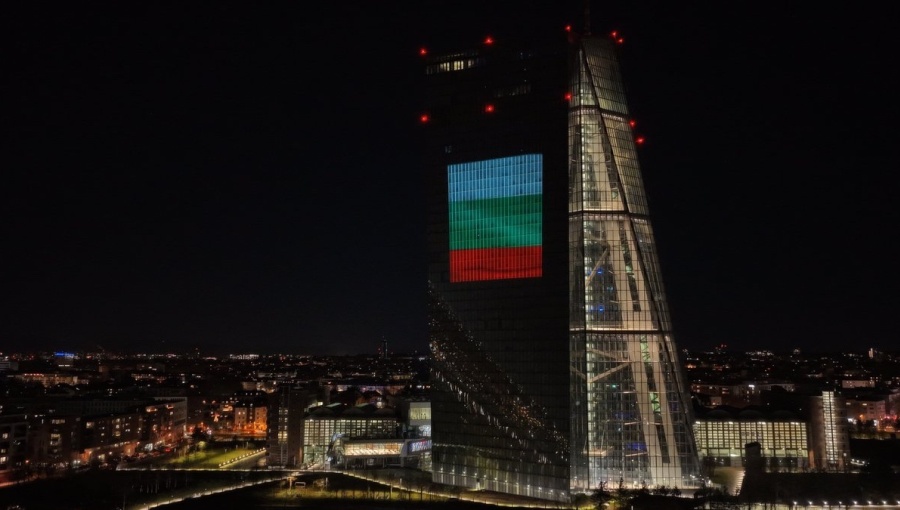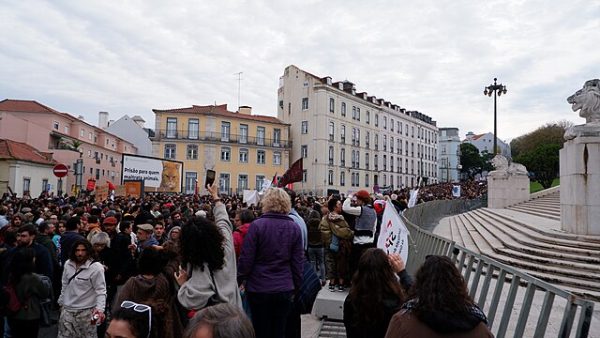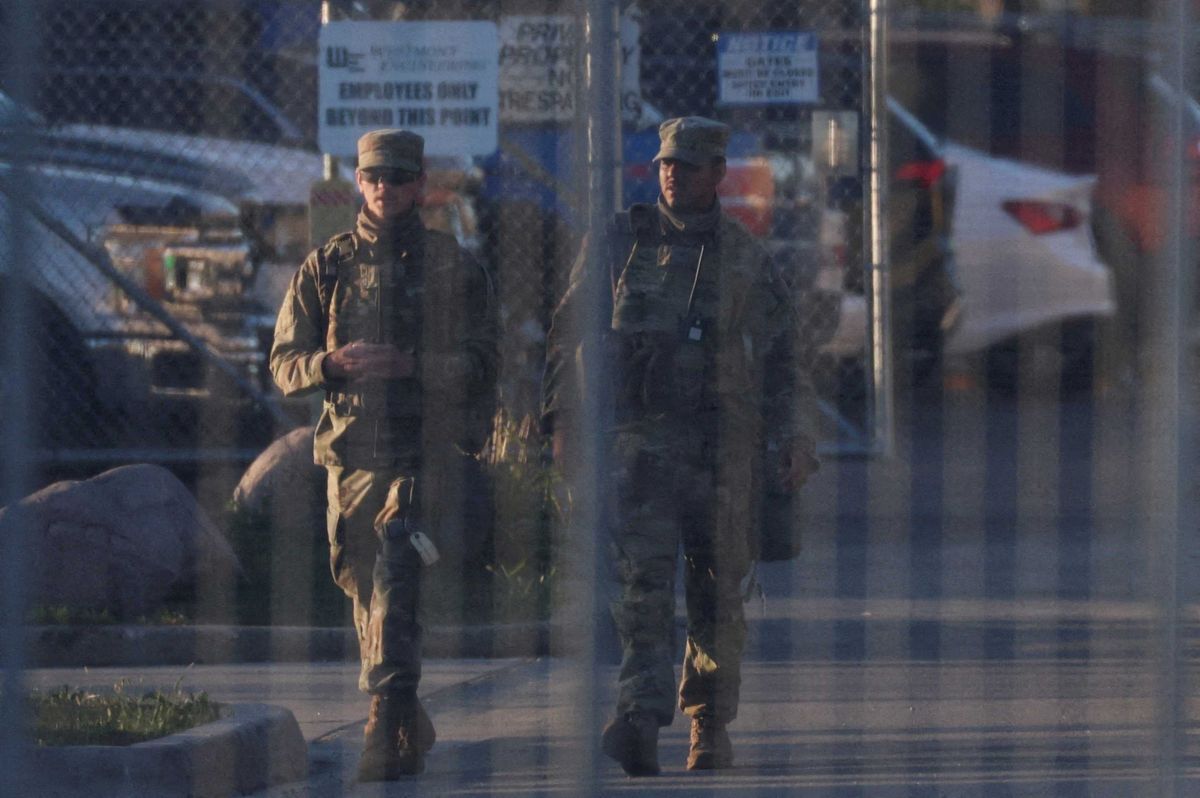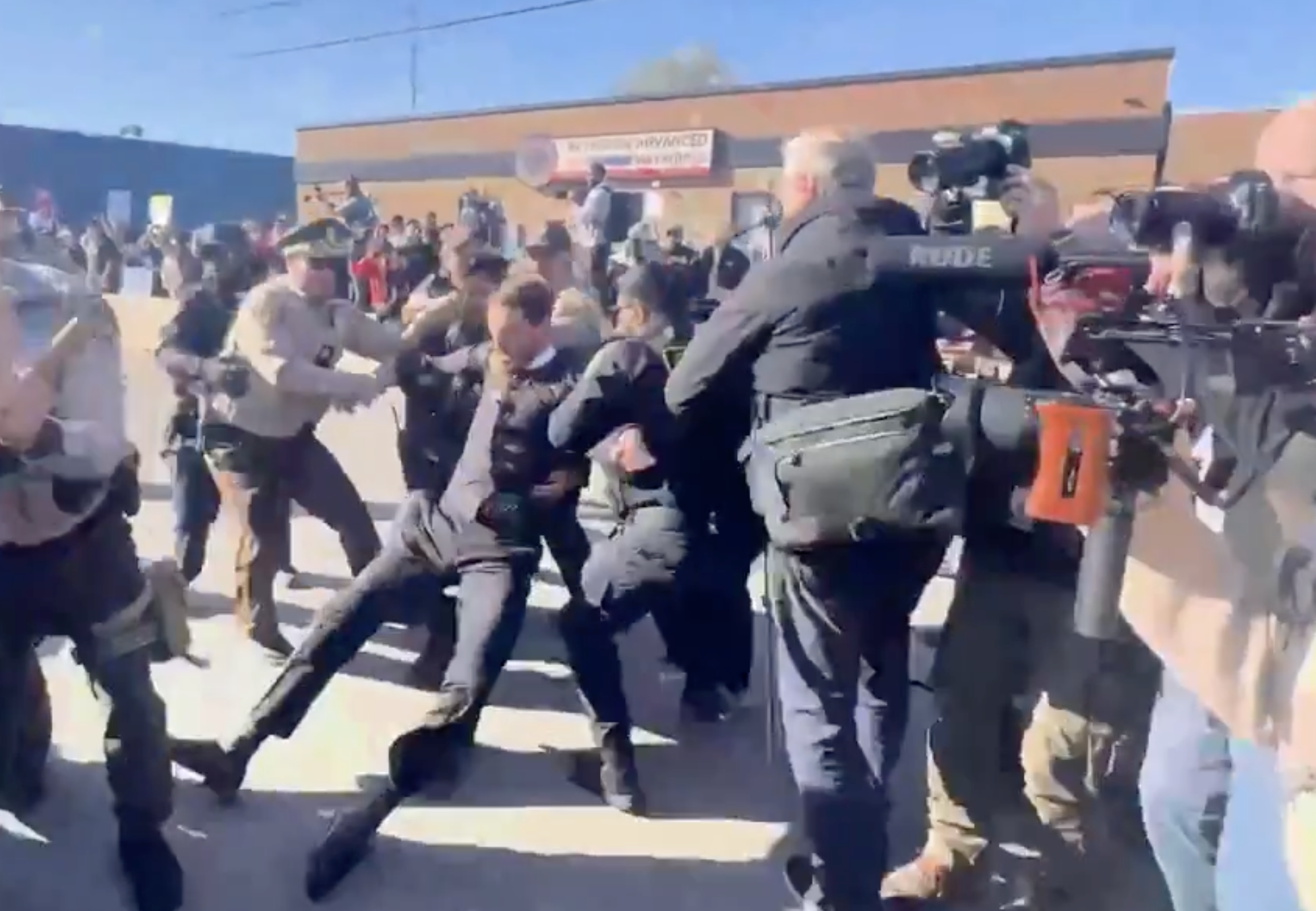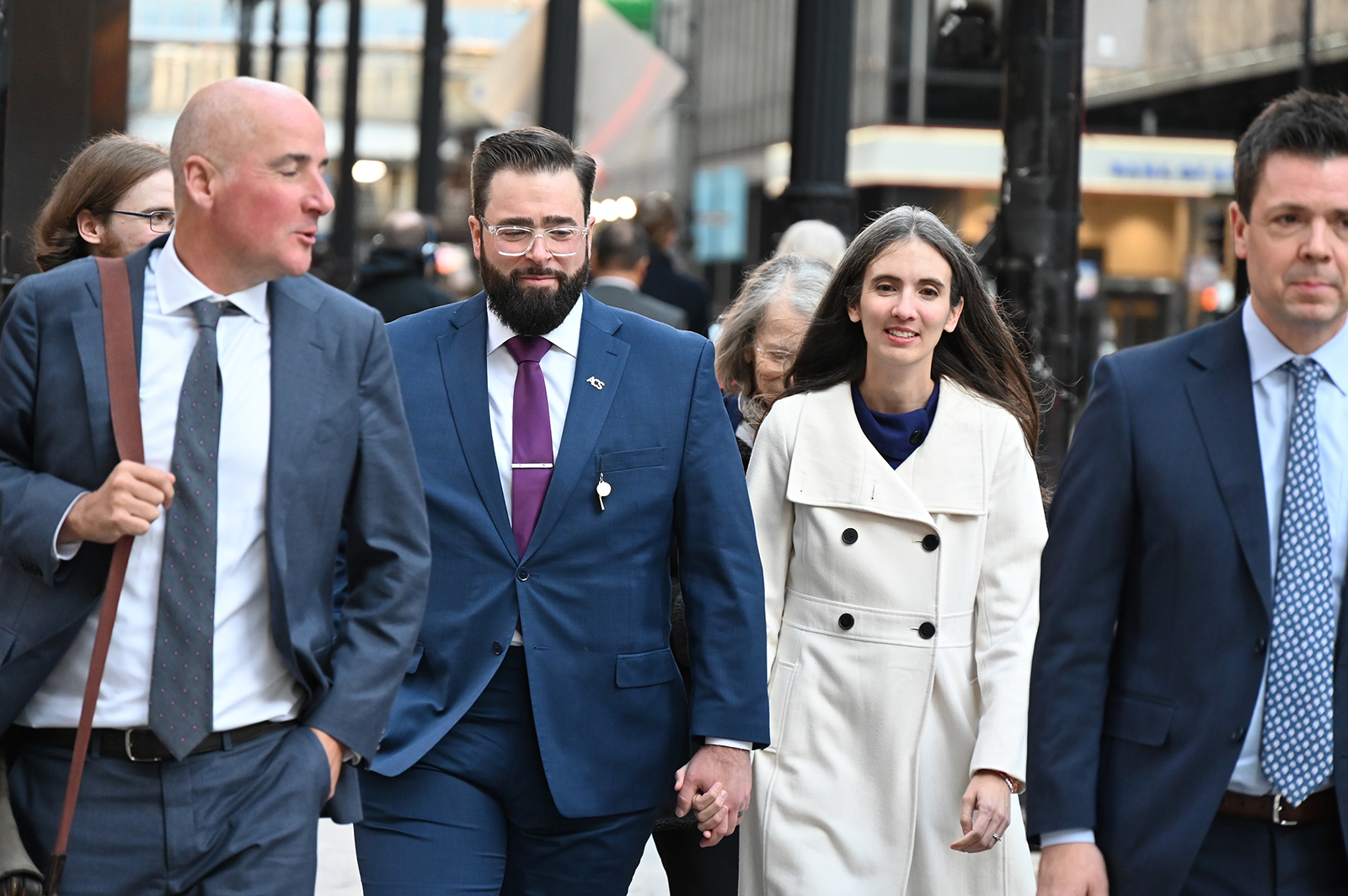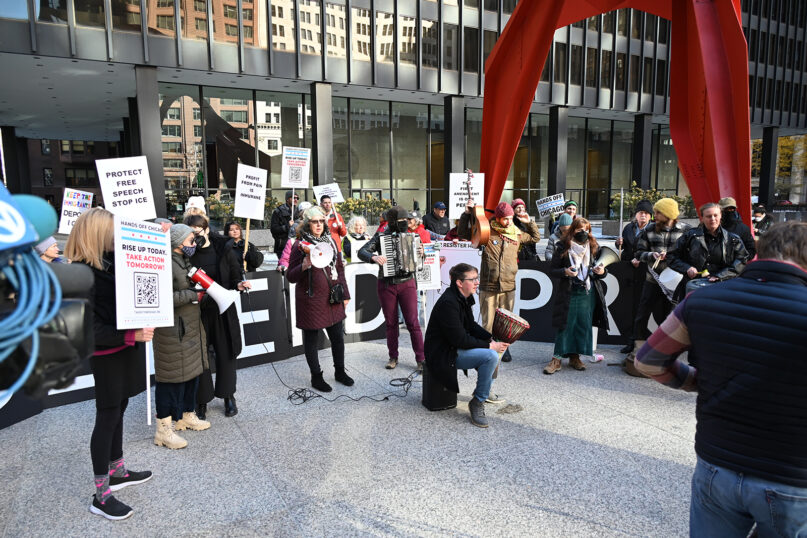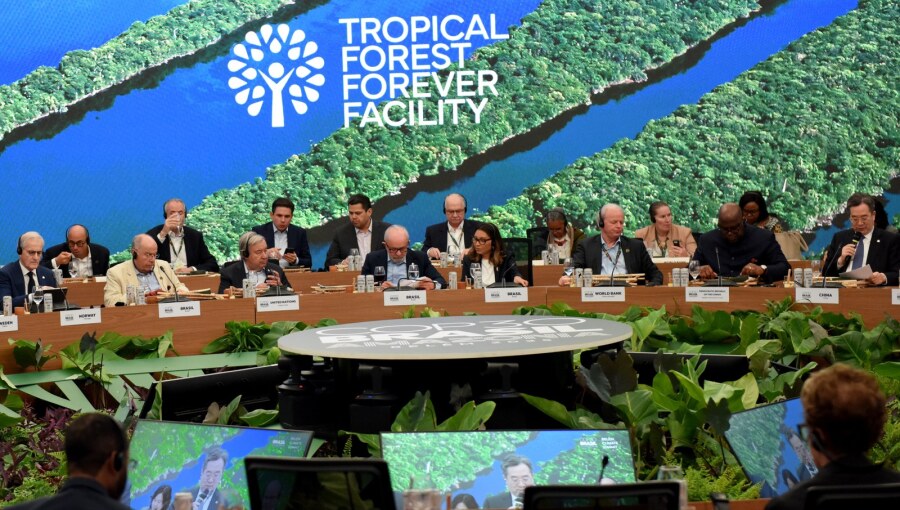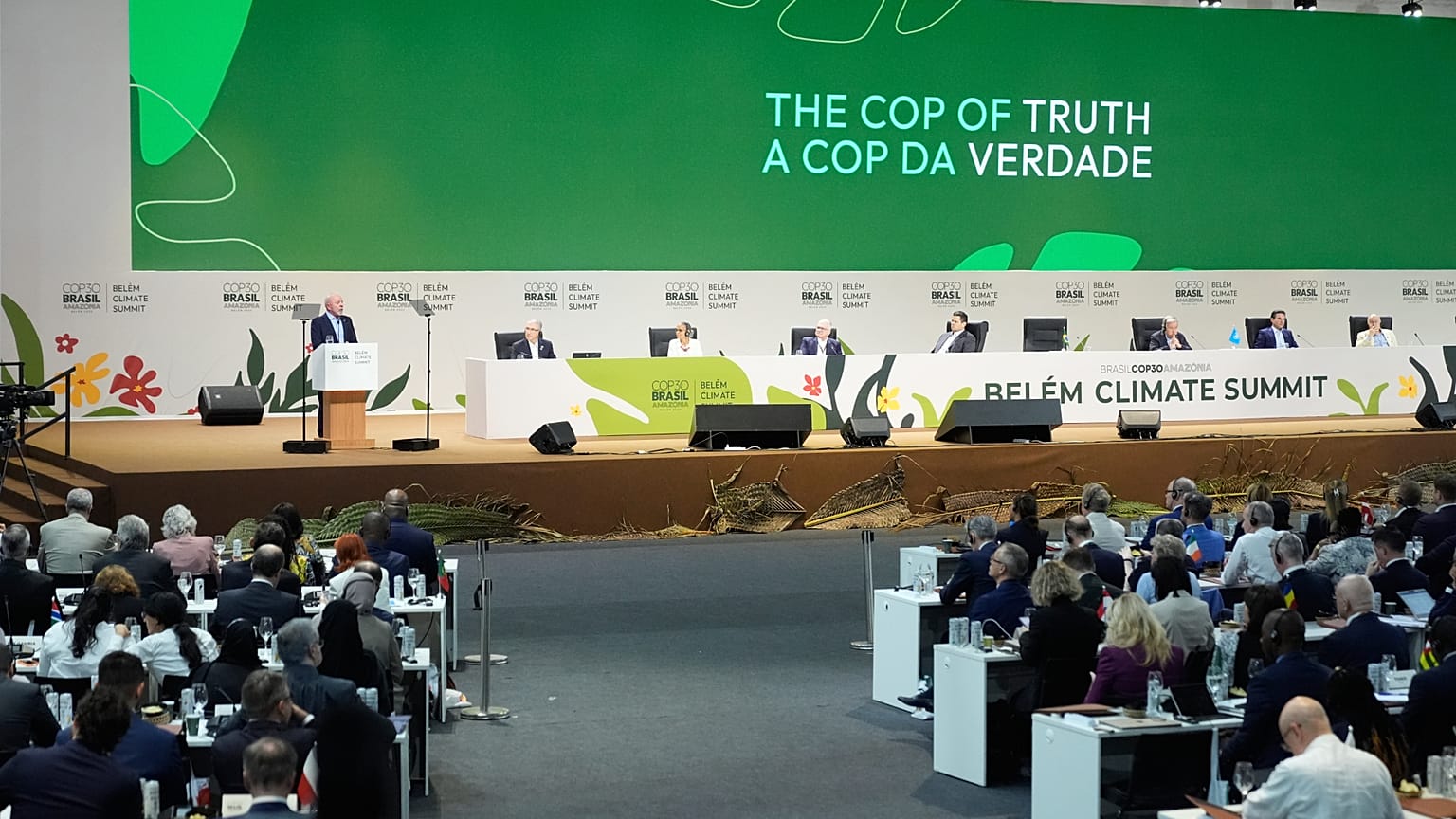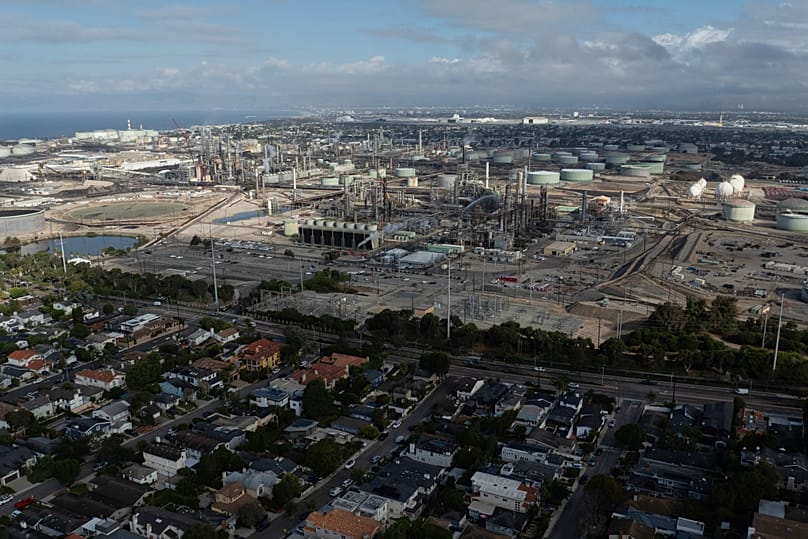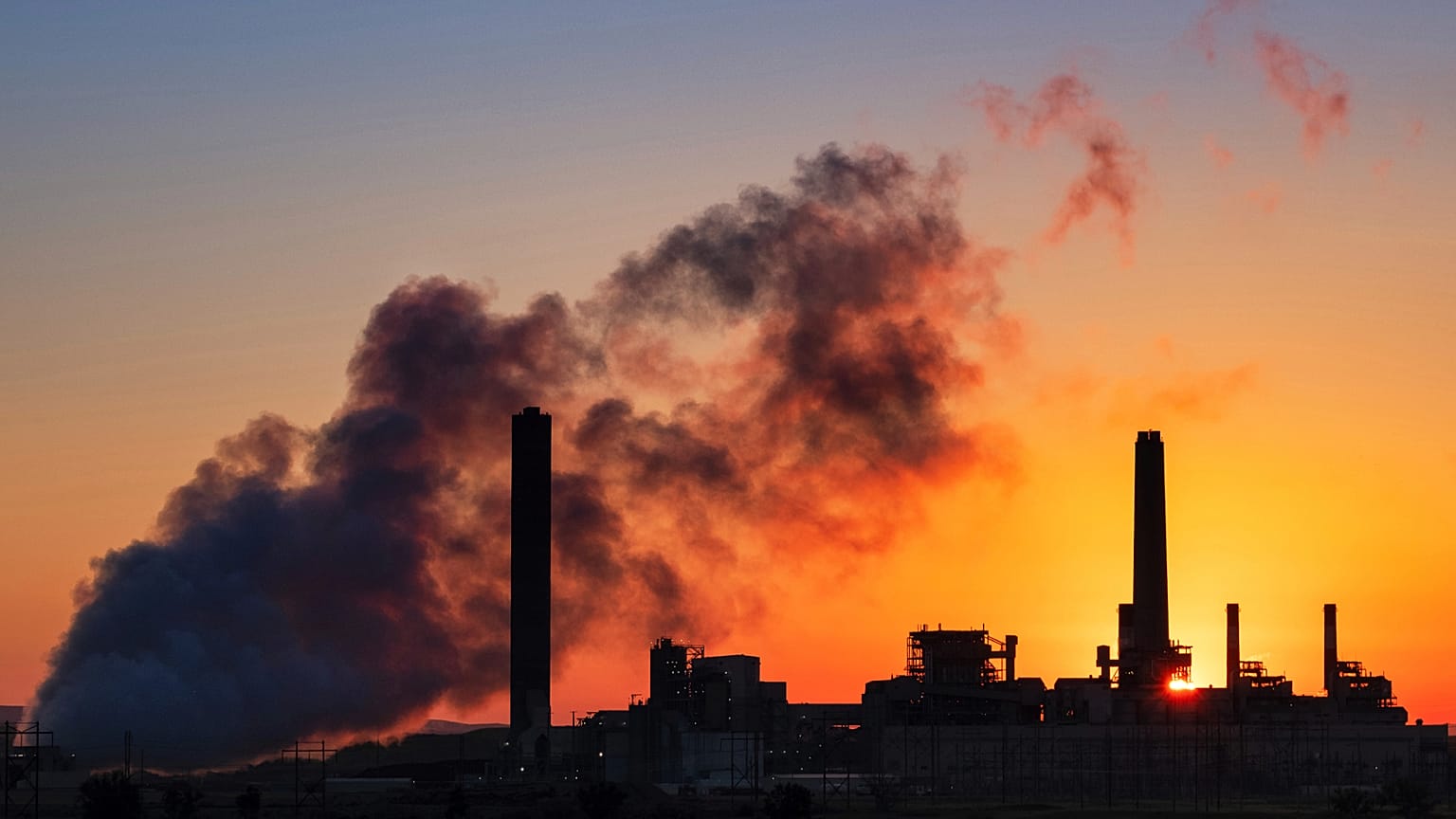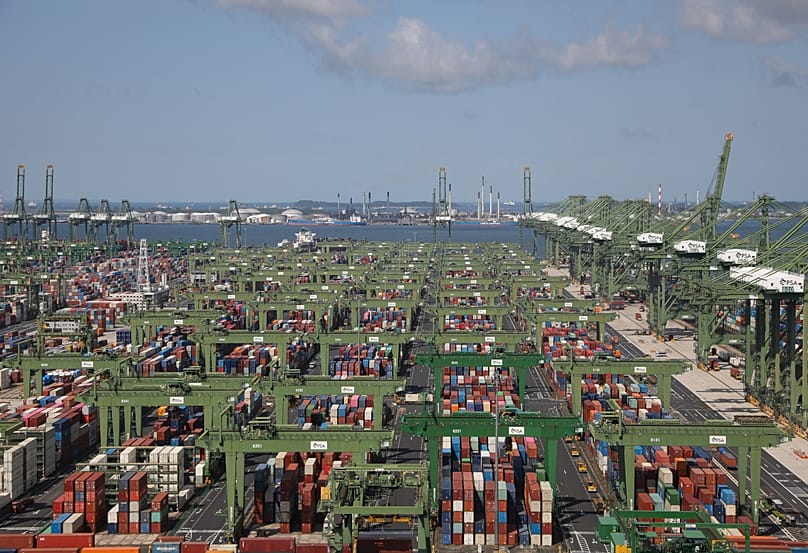Bulgaria becomes 21st eurozone member
Bulgaria joined the Eurozone on January 1, becoming the 21st member of the single-currency bloc, even as the country enters the new year mired in political instability after the collapse of its government and mass street protests.
The move is a major step in Bulgaria’s integration into the European Union, which it joined in 2007, and leaves just six of the bloc’s 27 members outside the euro area – Czechia, Denmark, Hungary, Poland, Romania and Sweden.
European Commission President Ursula von der Leyen welcomed Bulgaria’s Eurozone entry. “Tomorrow Bulgaria joins the eurozone,” she wrote in a Bulgarian language X post on December 31.
“This pivotal moment reflects years of hard work and dedication. This means easier payments, more convenient travel and many new opportunities for Bulgarian businesses. Congratulations, Bulgaria!”
European Central Bank (ECB) president Christine Lagarde wrote on X: “As we step into 2026, we proudly welcome Bulgaria to the euro family! Our sincere thanks to the Bulgarian National Bank for its dedicated work and commitment in preparing for the adoption of the euro.”
The final run-up to Eurozone entry coincided with a turbulent period in Bulgarian politics in more than a decade. Prime Minister Rosen Zhelyazkov resigned on December 11 following widespread protests over corruption and a disputed 2026 budget, pushing the country towards what will be its eighth election since 2021.
To prevent a fiscal vacuum as the country switched to the euro, parliament rushed through a temporary budget extension on December 17 covering the first three months of 2026. This allows the state to continue collecting revenue and making payments until a full budget can be adopted by a new government.
The legislation was approved in a single day after hours of acrimonious debate, ending a months-long impasse over the 2026 budget that had triggered the government’s downfall.
Credit ratings agency Fitch warned the same day that political uncertainty could slow reforms and complicate efforts to adjust fiscal policy, potentially weighing on growth. Even so, Fitch said it did not expect the crisis to derail Bulgaria’s euro adoption timetable.
Final preparations
Bulgaria accelerated practical preparations ahead of the currency switch. Since late November, the central bank and commercial lenders have been selling starter kits of Bulgarian-minted euro coins to citizens and businesses, allowing people to familiarise themselves with the new money ahead of its launch.
The designs underline Bulgarian national identity. The €2 coin features the 18th-century cleric Paisii Hilendarski, while the €1 carries an image of the medieval hermit St. Ivan of Rila. Smaller denominations display the Madara Horseman, a UNESCO-listed rock relief dating back more than 1,000 years.
Retailers have been required since August to display prices in both leva and euros at the fixed conversion rate of BGN1.95583 to the euro, with fines imposed from October for non-compliance. Consumers will still be able to use the lev alongside the euro during a one-month transition period in January.
Bulgaria’s national currency has been tightly linked to the euro since 1999 through a currency board arrangement, and the lev entered the EU’s exchange-rate mechanism in 2020, effectively locking in the conversion rate.
After years of monitoring and technical assessments, the European Union gave final political approval in July for Bulgaria to join the euro area at the start of 2026.
Economic backdrop
Despite political upheaval, Bulgaria’s economy has continued to expand at a steady pace. GDP grew 3.4% in 2024 and remained resilient in 2025, with output in the third quarter up 3.2% from a year earlier, driven by consumer spending and a recovery in investment.
The finance ministry forecasts growth of around 3% for 2025 and 2.7% in 2026, while the European Commission and the OECD project a similar slowdown next year as global trade weakens. The World Bank is slightly more optimistic, expecting growth to approach 3% again in 2026.
Yet international institutions caution that euro adoption alone will not guarantee faster convergence with Western Europe. IMF managing director Kristalina Georgieva, a Bulgarian national, said in November that the single currency would provide stability and lower transaction costs but would not automatically lift incomes.
“Adopting the euro is an important step, but it does not in itself guarantee a higher standard of living,” she said at a conference in Sofia, urging the government to focus on productivity, investment and governance reforms.
Lagarde, speaking at the same event, said Bulgaria had met the entry criteria through years of fiscal discipline and institutional work, but warned that euro membership marked “the beginning of a journey, not a destination”.
That journey now begins under a caretaker administration and deep public mistrust of the political class. The October 2024 election produced another fragmented parliament, and Zhelyazkov’s minority government, formed in January 2025, survived five no-confidence votes before stepping down.
Bulgaria switches to the euro amid mixed reactions from its citizens
Bulgar has become the 21st country to adopt the euro, replacing the lev after nearly 20 years in the EU. While many hope it will boost the economy, concerns about inflation and political instability persist.
Bulgaria entered the New Year on Thursday to become the 21st country to adopt the euro, a milestone met with both cheers and concerns, nearly 20 years after the Balkan nation joined the European Union.
At midnight Bulgaria gave up the lev — meaning "lion," a symbol present in Bulgaria for centuries — and Bulgarian euro coins were projected onto the central bank's building.
"I warmly welcome Bulgaria to the euro family," said Christine Lagarde, president of the European Central Bank, calling the euro a "powerful symbol" of "shared values and collective strength".
"Great! It works!" exclaimed Dimitar, a 43-year-old man after withdrawing €100 from an ATM shortly after midnight.
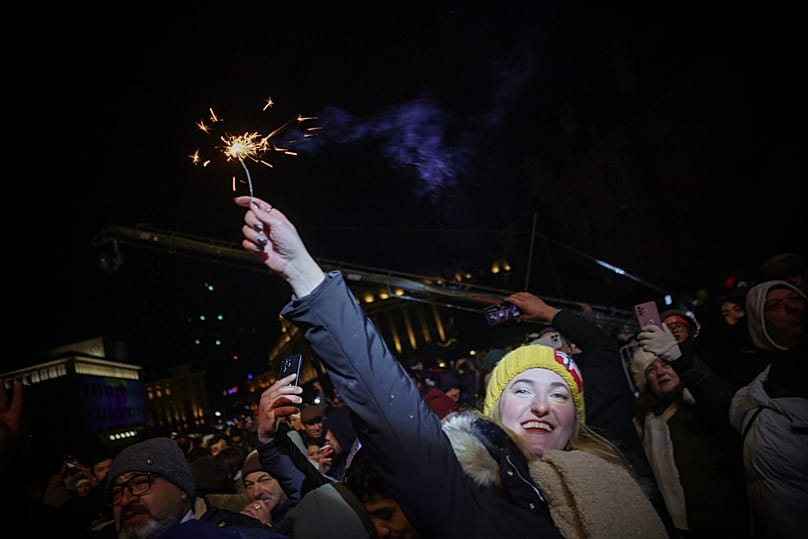
Successive governments in the country of 6.4 million people have advocated joining the euro, hoping that it will boost the economy of the EU's poorest member, reinforce ties to the West and protect against Russia's malign influence.
But Bulgarians have long been divided over the switch, with many concerned that the introduction could lead to higher prices and exacerbate the political instability rattling the country.
In a speech broadcast shortly before midnight, President Rumen Radev hailed it as the "final step" in Bulgaria's EU integration, as thousands of people braved sub-zero temperatures in the capital Sofia to celebrate the New Year.
Radev however voiced regret that Bulgarians had not been consulted by referendum on the adoption.
"This refusal was one of the dramatic symptoms of the deep divide between the political class and the people, confirmed by mass demonstrations across the country."
Anti-corruption protests swept a conservative-led government from office in mid-December, leaving a country anxious about inflation on the verge of its eighth election in five years.
At one of the city's largest markets, stalls displayed prices of everything from groceries to New Year's Eve essentials like sparklers in both levs — in use since the 18th century, originally with a value equal to the French franc —and euros.
"The whole of Europe has managed with the euro, we'll manage too," retiree Vlad said.
'It is a sign of belonging'
European Commission President Ursula von der Leyen said Wednesday that Bulgaria's move into the eurozone marked "an important milestone" for the country's citizens.
"It will make travelling and living abroad easier, boost the transparency and competitiveness of markets, and facilitate trade," she said.
Central Bank Governor Dimitar Radev said the euro symbolised much more than "just a currency — it is a sign of belonging".
However, according to the latest Eurobarometer survey, 49% of Bulgarians oppose the switch
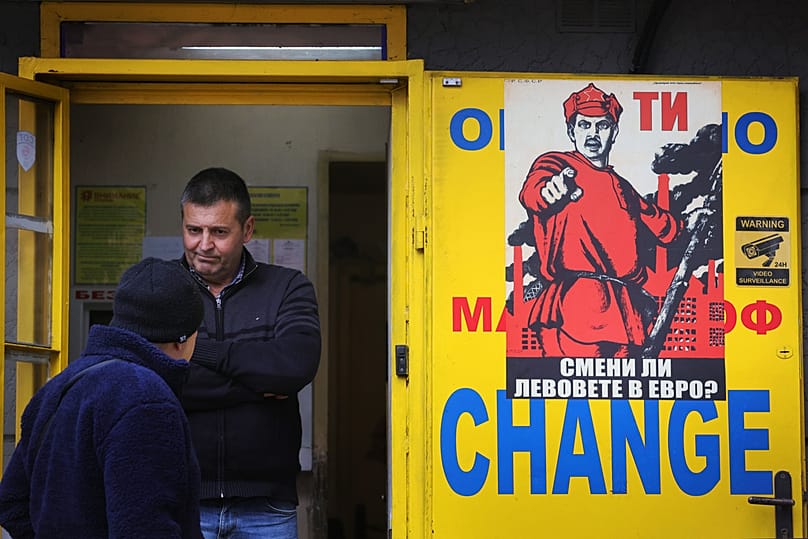
Outgoing prime minister Rosen Zhelyazkov sought to reassure the public ahead of the move, saying he was "counting on the tolerance and understanding of citizens and businesses".
He added that inflation in the Black Sea nation, which joined the EU in 2007, was not linked to the euro's adoption.
But Bulgarians' concerns about inflation are not idle.
Food prices rose by 5% year-on-year in November, more than double the eurozone average, according to the National Statistical Institute.
"Unfortunately, prices no longer correspond to those in levs," pastry shop owner Turgut Ismail, 33, said, adding that prices have already begun surging.
'It's not the right time'
A euro protest campaign in 2025, led mainly by far-right and nationalist parties, tapped into a generally negative view of the single currency among much of the population, also fanned fears of price hikes.
Some people, including business owners, have complained that it has been difficult to get their hands on euros, with shopkeepers saying they have not received the euro starter packages they ordered.
"It's not the right time," complained Stephane, a 64-year-old economist. "Yesterday I saw the figures for Italy, Spain and Germany: their debt is enormous. And eventually we will be carrying it on our backs."
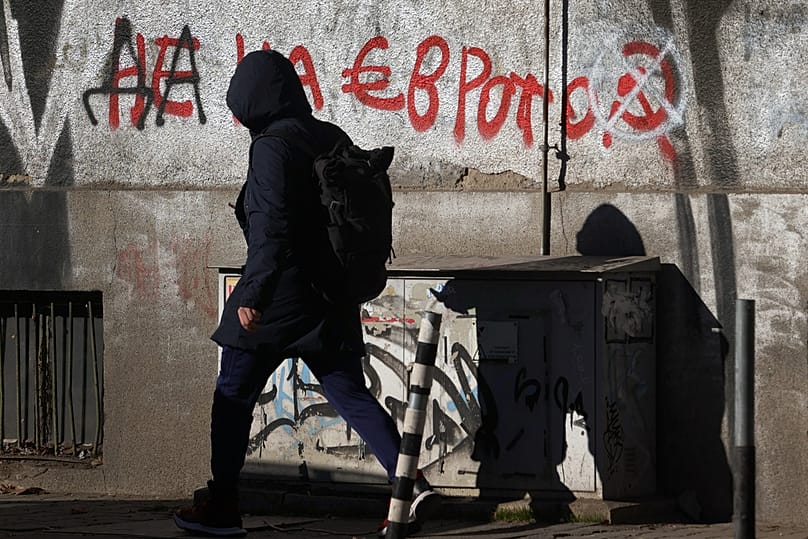
"The bigger effect is the long-term effect, basically boosting confidence when it comes to the currency, to the purchasing power of the currency, the confidence of foreign investors, people who buy Bulgarian debt, but also people who invest in the country, in different sectors," Petar Ganev, Senior Research Fellow at the Institute for Market Economics told Euronews.
The adoption of the euro could also impact Bulgaria's credit rating.
"Credit agencies deduct from our credit rating because of the currency board," Ganev explained.
What is on Bulgaria's freshly minted euros?
The motifs Sofia chose were already on the lev, and include The Madara Rider, a rock relief created at the beginning of the eighth century during the first years of the formation of the Bulgarian state, which graces the one, two, five, 10, 20 and 50-cent euro coins.
The artwork, showing a knight triumphing over a lion, is carved into a cliff near the village of Madara in northeast Bulgaria. The site has been on the UNESCO World Heritage List since 1979.

The €1 coin features Bulgarian patron saint Ivan or John of Rila, who lived in the 9th and 10th centuries, and is regarded as the founder of the Rila Monastery, the largest in the country.
He is believed to have been Bulgaria's first hermit and to have lived in the mountains, in the hollow of a centuries-old tree.
The €2 coin features Paisiy Hilendarski, or Paisius of Hilandar, an 18th-century monk of the Orthodox monastery on Mount Athos who wrote a key work of Bulgaria's national revival.
The edge of the coin bears the inscription: "God protect Bulgaria".
The euro was first rolled out in 12 countries on 1 January 2002. The Adriatic country of Croatia was the latest to join in 2023.
Bulgaria's accession will bring the number of Europeans using the euro to more than 350 million.
Amandine Hess contributed reporting.
